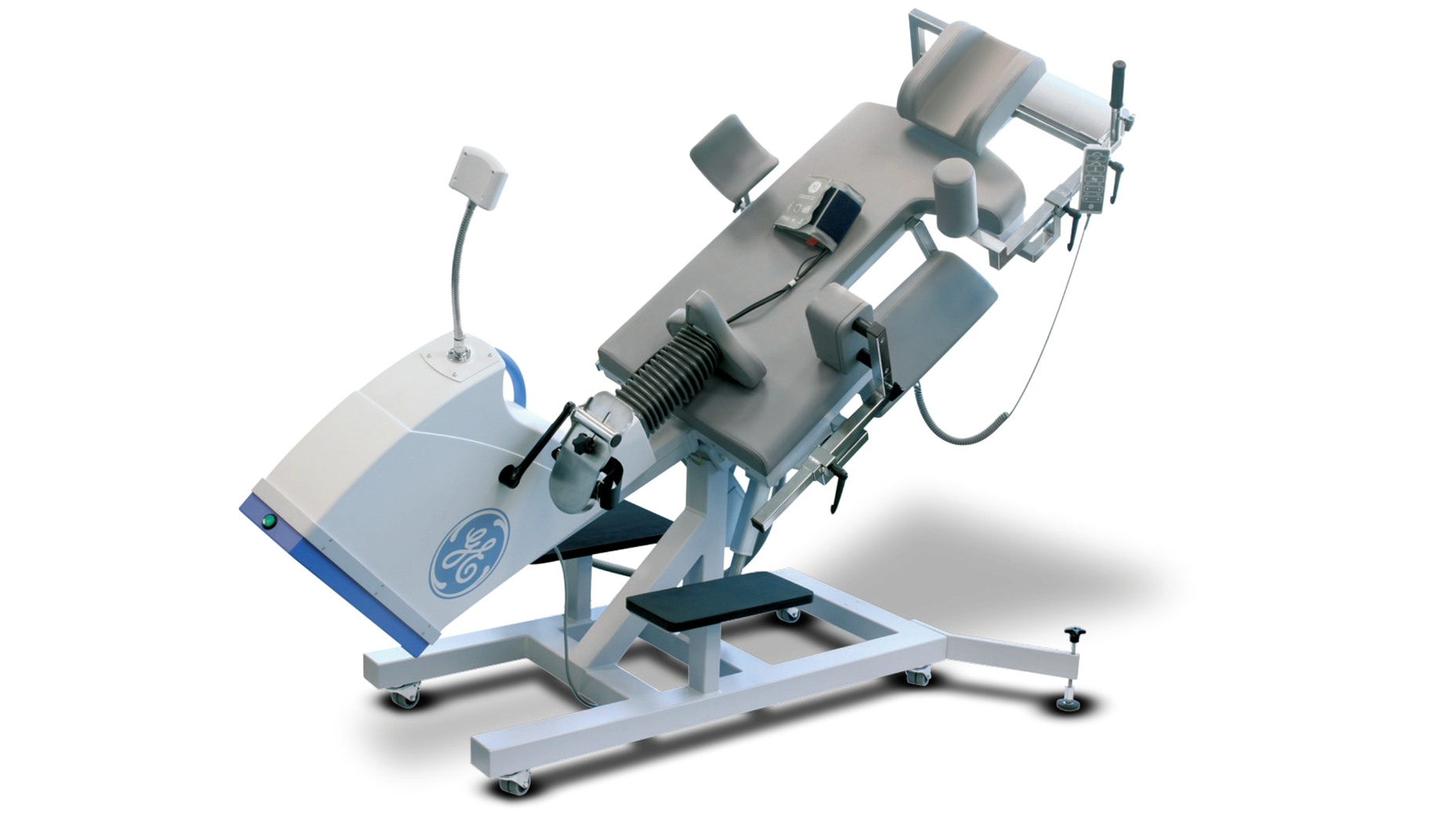Exercise Stress Echocardiogram

Stress echocardiography is a diagnostic test that uses ultrasound to evaluate how well your heart pumps blood during physical stress, like exercise. It compares images of the heart at rest and under stress to check for blockages in the coronary arteries and other heart conditions, such as valve disease or cardiomyopathy. The stress can be caused by exercise.
Purpose of the test
- Diagnose or rule out coronary artery disease
- Assess the heart's function and structure
- Evaluate heart valve function
- Determine how well the heart functions under stress
- Assess heart status before or after surgery or other cardiac events
How the test is performed
- Resting echocardiogram: An ultrasound probe is placed on your chest to get initial images of your heart at rest.
- Stress phase: You will exercise on a treadmill or stationary bike, or a medication will be administered to simulate exercise, to increase your heart rate.
- Stress echocardiogram: While your heart is under stress, more ultrasound images are taken to see how your heart muscle is pumping.
- Cool-down: You will slowly cool down, and your heart rate, ECG, and blood pressure will be monitored until they return to normal.
How accurate is a stress echocardiogram?
Stress echocardiography can be highly accurate. In one study of 5,131 people, the test accurately predicted heart problems in more than 95% of the cases. However, there are instances of false positives or false negatives. It is important to discuss the best test for your symptoms with a cardiologist.

When is an echo stress test performed?
Healthcare professionals most frequently use an exercise stress echocardiogram (or "stress echo") to identify coronary artery disease (CAD). This is a condition where the blood vessels responsible for delivering blood to the heart muscle become narrowed or obstructed. A stress echo is a valuable tool that can also assist in diagnosing or tracking the progression of several other cardiac and pulmonary conditions, including:
- Cardiomyopathy: Disease of the heart muscle.
- Congenital heart disease: Heart defects present at birth.
- Heart failure: When the heart cannot pump blood efficiently.
- Heart valve disease: Issues with the heart's valves.
- Pulmonary hypertension: High blood pressure in the arteries of the lungs.
Who Should Undergo a Stress Echo Test?
This diagnostic test may be ordered if an individual experiences signs of heart disease, particularly if those symptoms worsen with physical exertion. These symptoms often include:
- Angina: Pain or a feeling of pressure in the chest.
- Dizziness or lightheadedness (syncope or presyncope).
- Arrhythmia: An unusually fast or erratic heartbeat.
- Dyspnea: Difficulty breathing or shortness of breath.
Other individuals who might be scheduled for an exercise stress echocardiogram include:
- Athletes undergoing routine screening or performance evaluation.
- Patients preparing for certain surgical procedures (preoperative clearance).
- People who are regularly exposed to extreme environmental factors, such as deep-diving or high-altitude environments.




